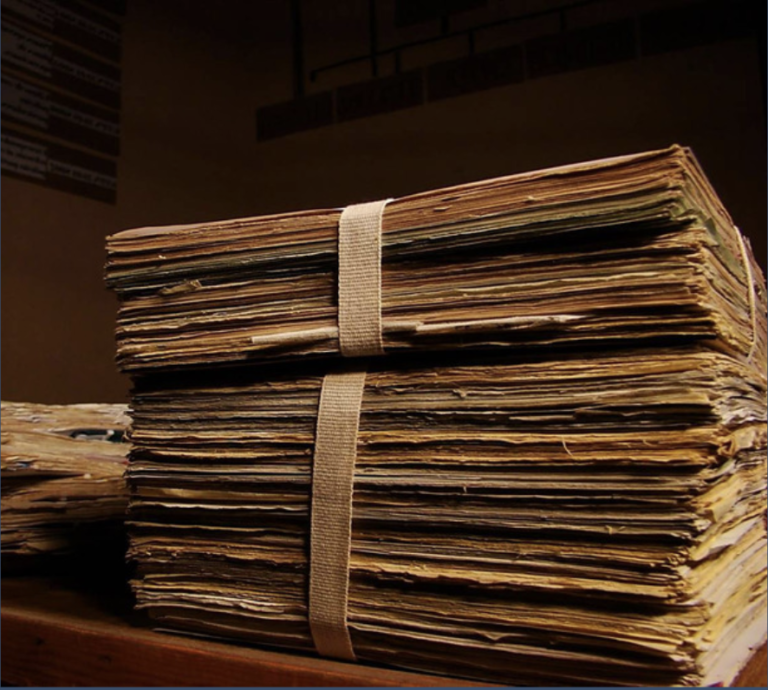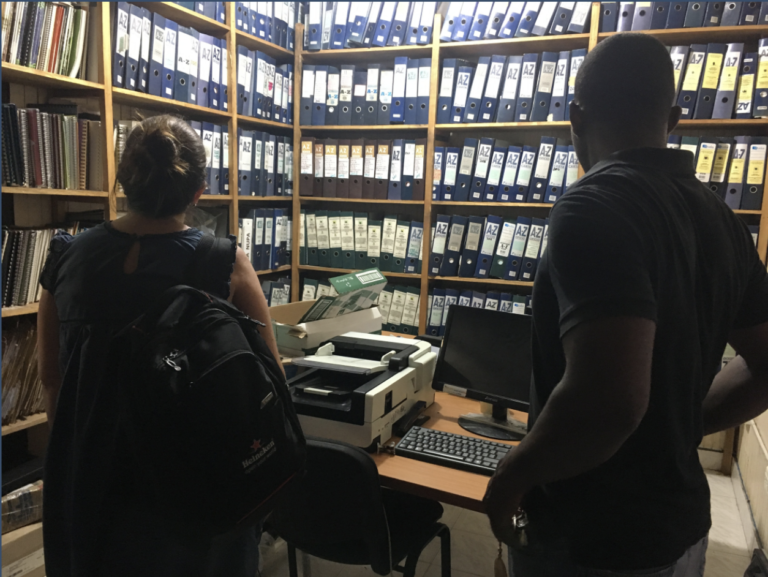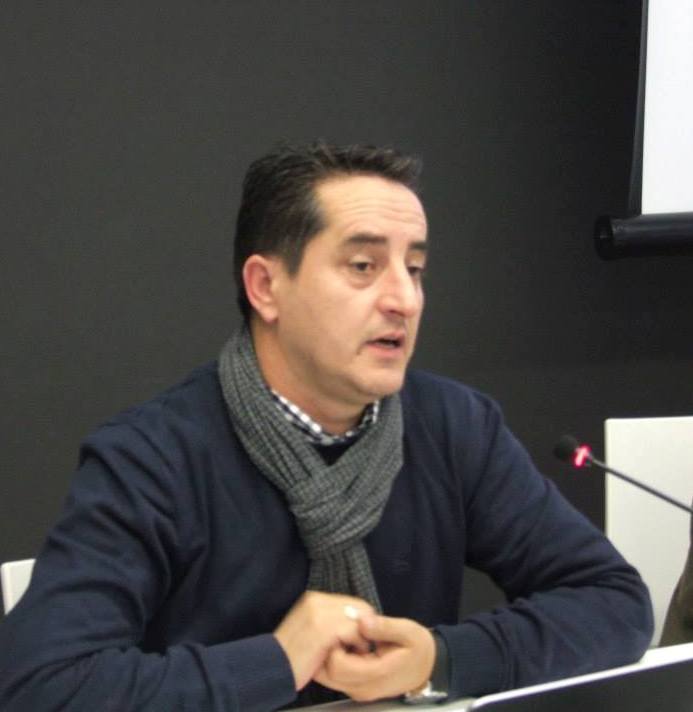Civil Society Documentation for Accountability
Documentation is crucial to social reconstruction, democracy building, and the promotion of human rights. This project facilitated direct communication between civil society documenters and international criminal law actors. By exchanging lessons learned, as well as challenges in practice, the initiative, completed in 2019, generated a deeper understanding on the part of legal actors of the strategic uses of human rights documentation for accountability. Likewise, civil society documenters learned a range of new skills and mechanisms to make their future work more relevant to international law.

Context
Over the last three years, the Global Initiative for Justice, Truth and Reconciliation has supported civil society actors in multiple countries to collect in a credible and systematized manner documentation related to gross human rights abuses during conflict, including in Iraq and the former Yugoslavia, among other locations. Civil society actors that undertake this often dangerous work have an interest in seeing this information used in future transitional justice processes. Multiple stakeholders, including multilateral donors and transitional justice experts, recognize that civil society actors have an important role to play in preserving information regarding gross human rights abuses close in time to the actual events, particularly during active conflict and/or in an interim period prior to the establishment of transitional justice processes. Despite recognition among certain stakeholders of the role civil society documenters can play, there remains a divide between the international criminal law community and civil society documenters particularly around evidentiary standards which can complicate accountability efforts.
Project Details
GIJTR partners and projects have developed an understanding that while many civil society documenters will not collect “evidence” as narrowly defined by international and domestic accountabilities bodies, the information collected can still be enormously useful for accountability bodies. For example, the documentation collected could be used to: (1) provide investigators, judges and/or prosecutors with leads to victims, witnesses, mass graves, or other evidence; (2) help to prove certain elements of the violations (e.g. control over an area, widespread and systematic nature/pattern of violations, and broader contexts for violations); (3) serve as the basis for court testimony; (4) assist investigators and prosecutors in honing in on events or locations of significance that might guide prosecutorial priorities; and (5) strengthen citizens’ awareness of, trust in, and support for the prosecutorial process, thereby expanding their potential reach into victim and survivor communities. There are many examples of where data and information collected by civil society documenters has been critical to efforts for justice and truth in post-conflict societies, including international and domestic accountability proceedings. In fact, two GIJTR partners, HLC and FAFG, have been providing crucial information to the ICTY and national court in Guatemala, respectively.
This 12-month project, completed in 2019, addressed this gap in current programming, bringing together civil society documenters from partners’ networks and GIJTR’s current programs, along with international criminal law experts who have worked in international and hybrid accountability processes. It identified steps civil society documenters can take to ensure and/or increase the utility of their documentation in national and international criminal trials. In this sense, the project focused on how, what, and in what format to transmit information collected. The project also collated and shared lessons learned based on practical experiences from prosecutors and investigators, as well as documenters on cases in which CSO documentation was used, whether successfully or unsuccessfully.
Project Achievements
Deepened civil society actors' understanding of evidentiary standards
Civil society actors have a deeper understanding of evidentiary standards and admissibility rules of national and international accountability mechanisms, as well as the challenges international criminal law experts face with admissibility and utility of civil society documentation.
Enabled civil society actors to document material that can be used for accountability purposes
Civil society actors are better equipped to transmit documentation to international accountability mechanisms that will ultimately be useful to the accountability process.
Aided criminal law experts in understanding the value of civil society documenters
Criminal law experts obtained a deeper understanding of the strategic utility of documentation of human rights abuses collected by civil society actors, as well as concrete ways in which civil society documentation can be used for accountability.


